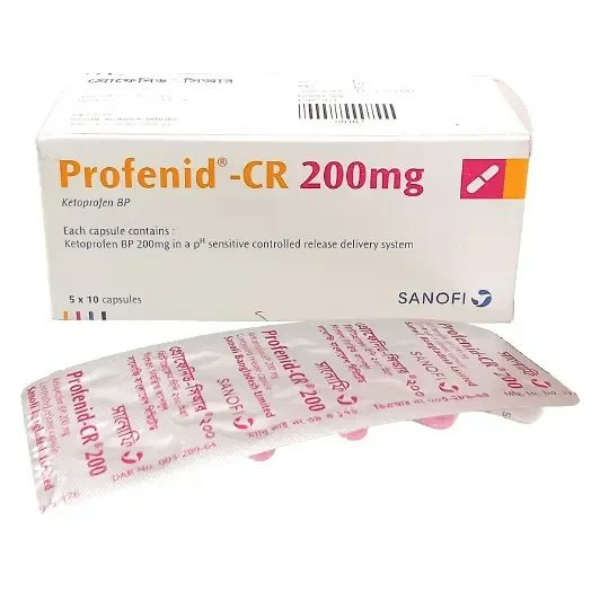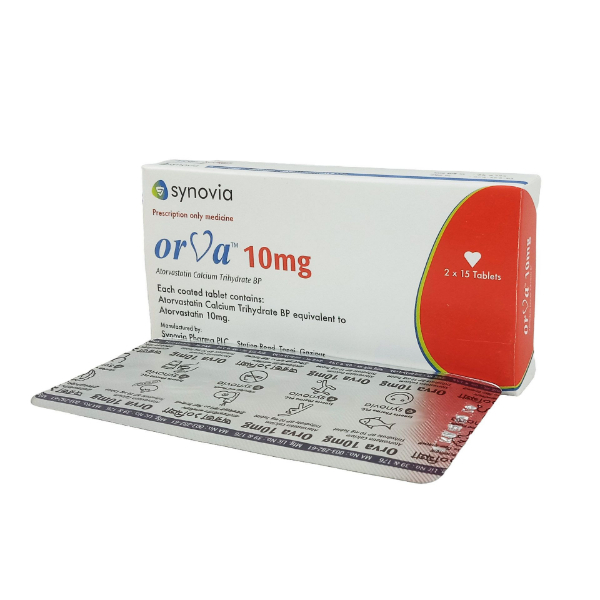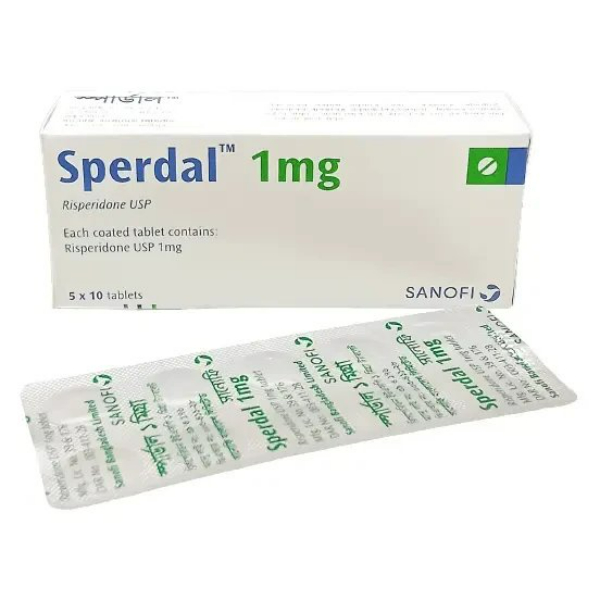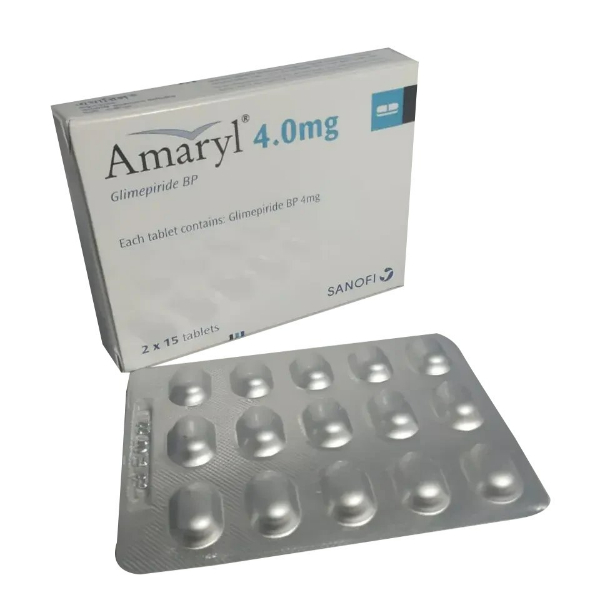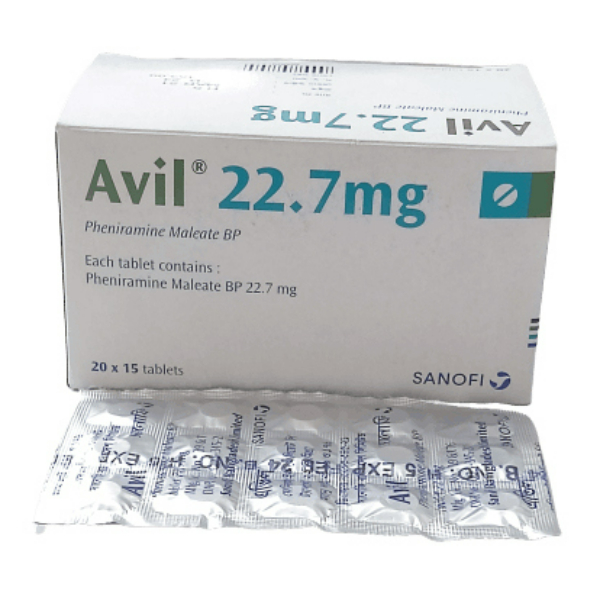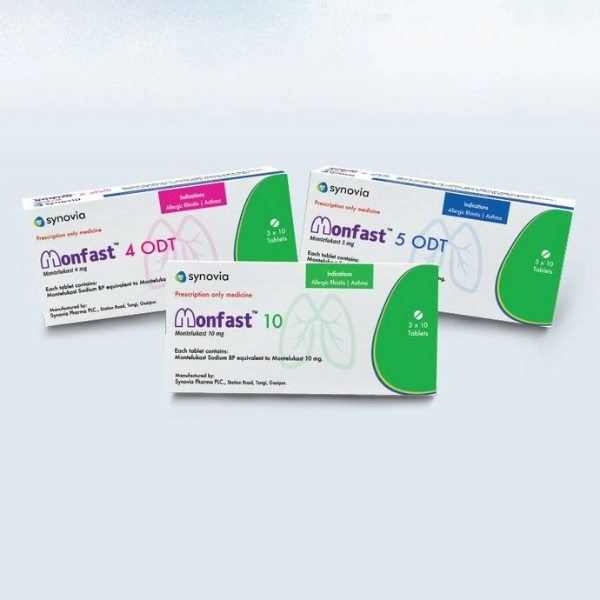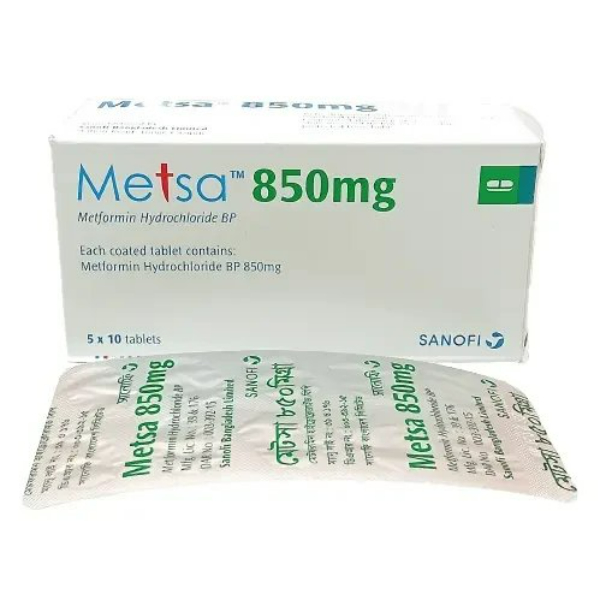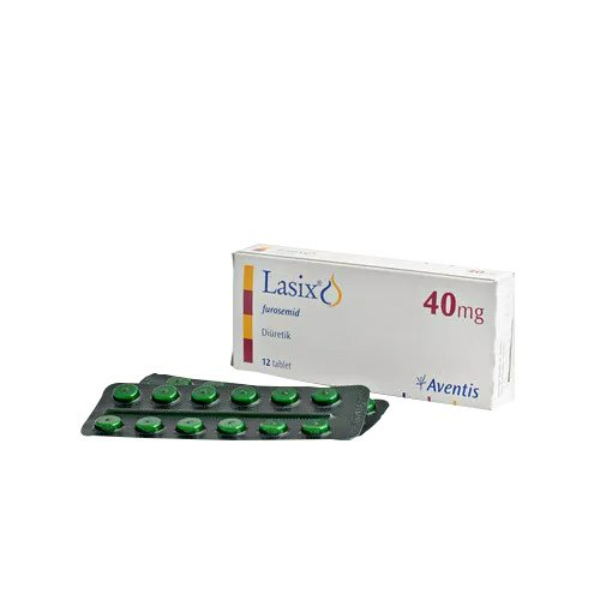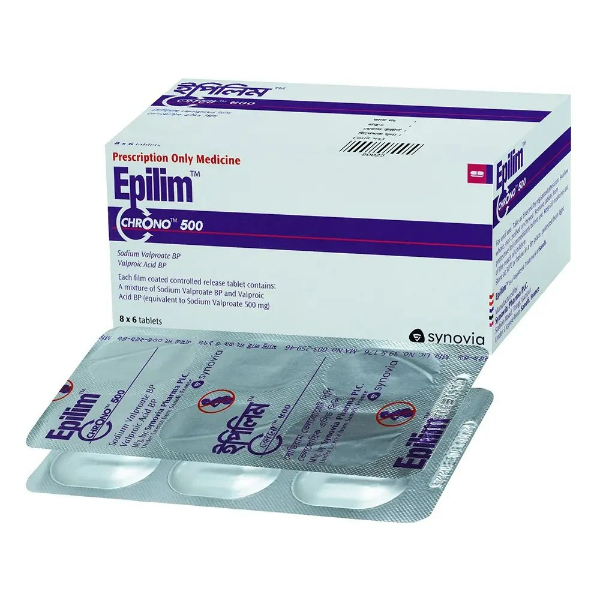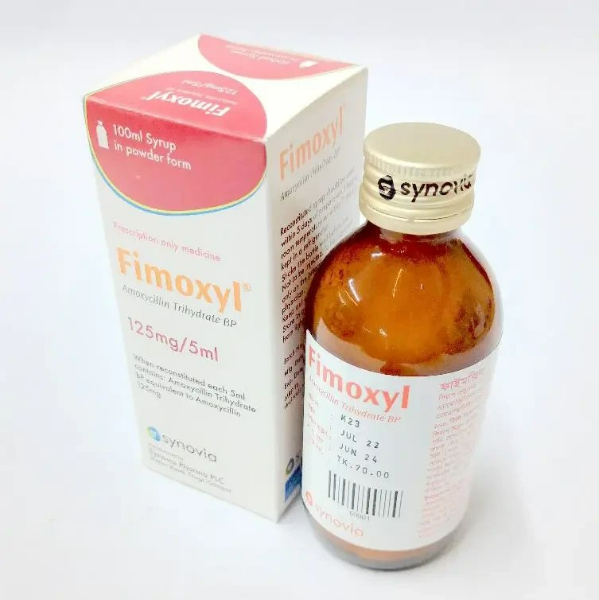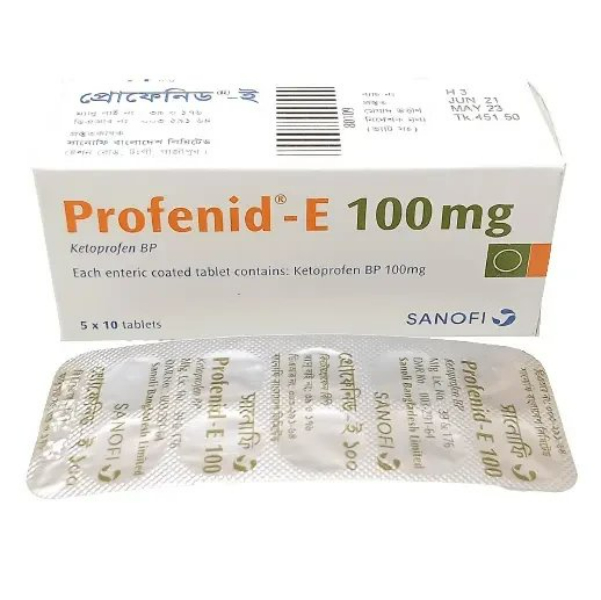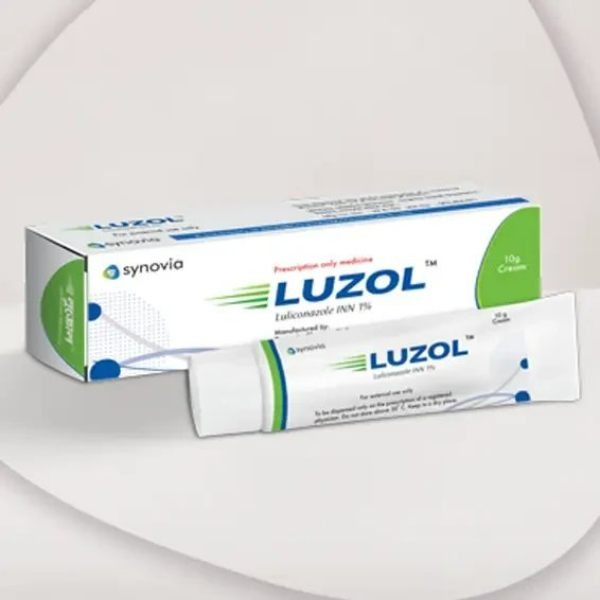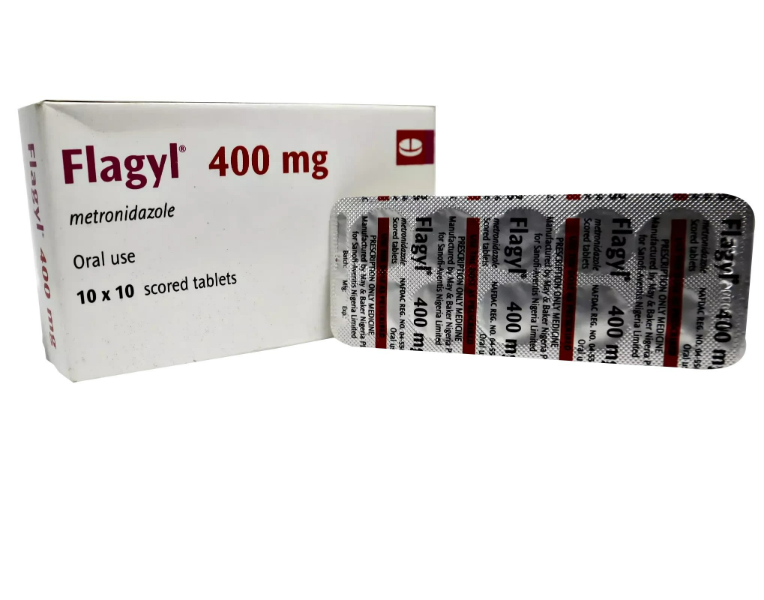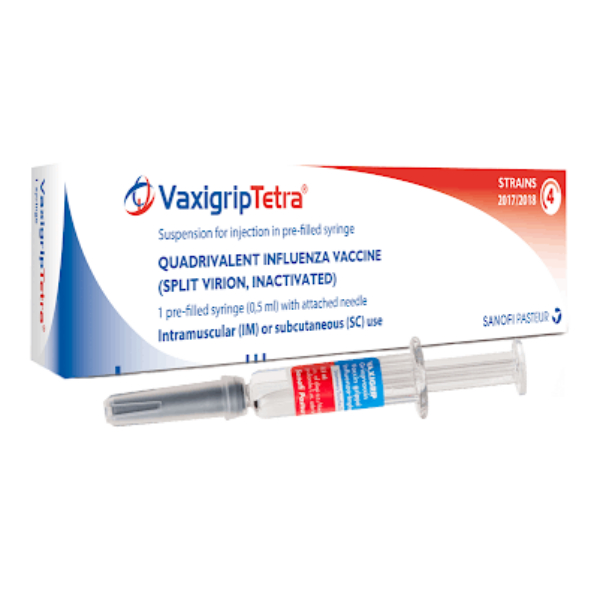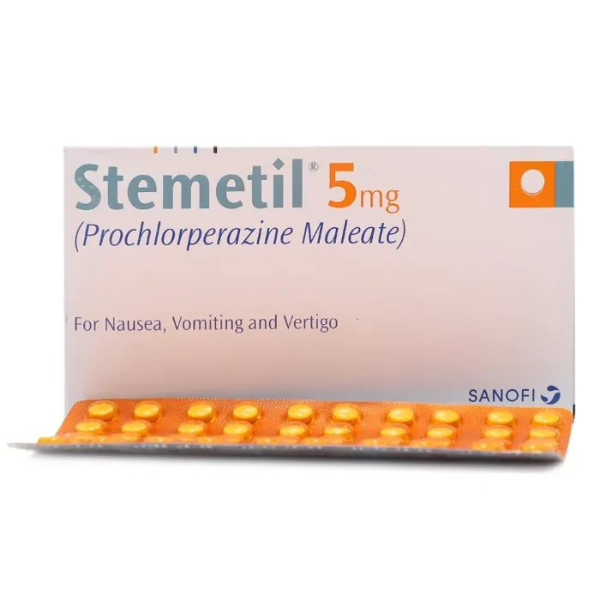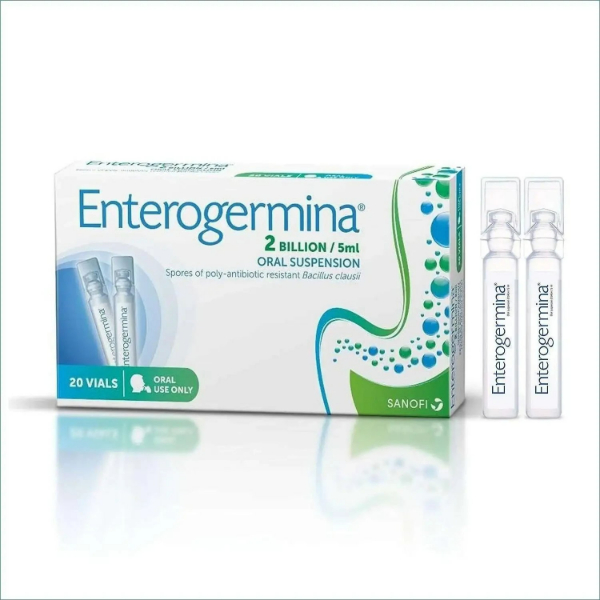Description
• রেজিস্টার্ড চিকিৎসকের পরামর্শ মোতাবেক ঔষধ সেবন করুন।
Indications:
SECNIDAL DS 1 G is prescribed for the treatment of:
-
Respiratory infections (such as bronchitis, pneumonia)
-
Skin infections (such as cellulitis, impetigo)
-
Urinary tract infections (such as cystitis, pyelonephritis)
-
Ear infections and other bacterial infections caused by susceptible organisms.
This antibiotic is effective against a wide range of bacterial pathogens, helping to eliminate infection and reduce symptoms.
Pharmacology:
SECNIDAL DS 1 G contains Cefdinir, a third-generation cephalosporin antibiotic. Cefdinir works by interfering with the synthesis of bacterial cell walls, ultimately leading to the death of the bacteria. By inhibiting bacterial cell wall production, it effectively treats a variety of infections caused by susceptible bacteria. Cefdinir is broad-spectrum, meaning it targets a wide range of bacteria, making it useful for treating both gram-positive and gram-negative infections.
Dosage:
-
For adults: The usual dose is 1 gram once daily or as directed by the doctor.
-
For children: The dosage is typically based on body weight and should be prescribed by a healthcare provider.
-
The dosage may vary depending on the severity of the infection and the patient’s condition.
Administration:
-
Take SECNIDAL DS 1 G orally with or without food.
-
Swallow the capsule or tablet whole with a glass of water. Do not crush or chew it.
-
It is important to complete the full course of treatment as prescribed by your doctor, even if you start feeling better before finishing the medicine.
Interaction:
-
Antacids: The absorption of Cefdinir can be reduced when taken with antacids containing magnesium or aluminum.
-
Iron supplements: Iron may interfere with the absorption of Cefdinir. It is recommended to space the doses of iron supplements and Cefdinir.
-
Other antibiotics: Using multiple antibiotics together may alter the effectiveness of SECNIDAL DS 1 G.
Always inform your healthcare provider about all other medications you are taking, including over-the-counter medicines and supplements.
Contraindications:
-
Hypersensitivity to Cefdinir or other cephalosporin antibiotics.
-
History of severe allergic reactions (e.g., anaphylaxis) to penicillins or other beta-lactam antibiotics.
-
Severe renal impairment (dose adjustment may be necessary in such cases).
-
Pregnancy: Cefdinir should be used during pregnancy only if the benefits outweigh the risks, under the guidance of a healthcare provider.
-
Breastfeeding: Cefdinir is excreted in breast milk. Consult your doctor before using this medication while nursing.
Side Effects:
Common side effects of SECNIDAL DS 1 G may include:
-
Nausea, vomiting, or diarrhea
-
Headache or dizziness
-
Abdominal pain
-
Rash or mild allergic reactions
Serious side effects can include:
-
Severe allergic reactions (swelling, itching, difficulty breathing)
-
Clostridium difficile-associated diarrhea (severe diarrhea with blood or mucus)
-
Liver problems (yellowing of the skin or eyes)
-
Blood disorders (easy bruising or unusual bleeding)
If you experience any of these serious side effects, seek immediate medical attention.
Pregnancy & Lactation:
-
Pregnancy: SECNIDAL DS 1 G should be used during pregnancy only if clearly needed. It is categorized as Pregnancy Category B, meaning animal studies have shown no harm to the fetus, but there are no well-controlled studies in humans.
-
Lactation: Cefdinir can pass into breast milk, but is unlikely to harm a nursing infant. However, it is recommended to consult your healthcare provider before taking this medication while breastfeeding.
Therapeutic Class:
Cephalosporin Antibiotics (Third-generation).
Storage Conditions:
-
Store SECNIDAL DS 1 G at room temperature (15–30°C), away from light and moisture.
-
Keep the medication tightly closed in its original packaging.
-
Keep out of the reach of children.
-
Do not use the medication after the expiration date printed on the packaging.

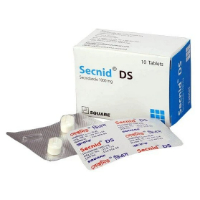
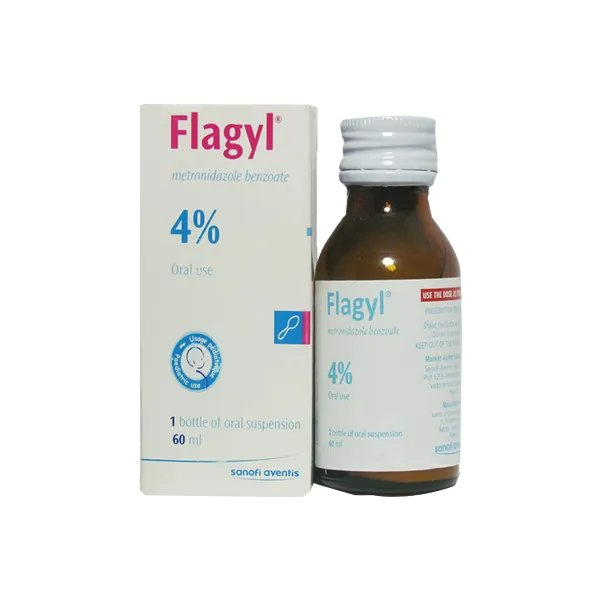
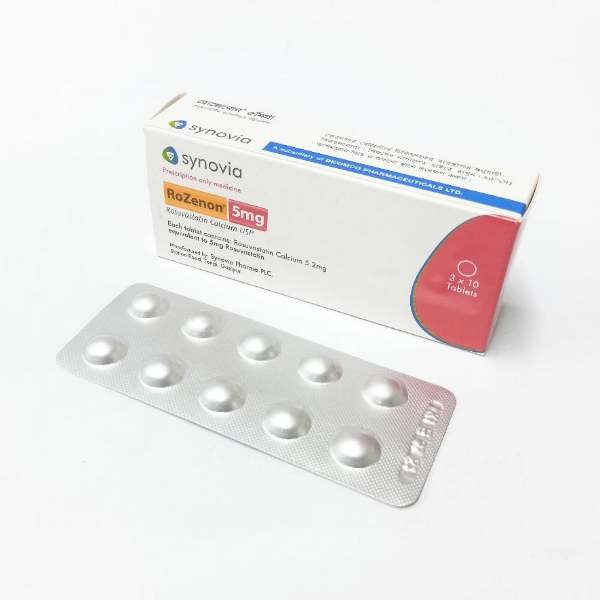

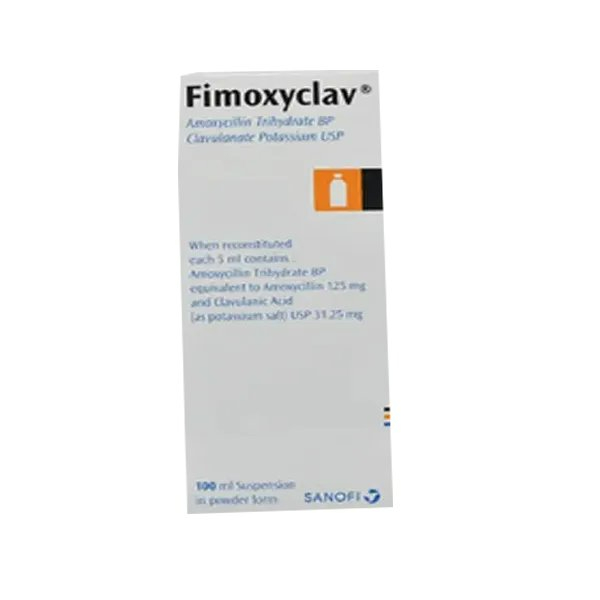
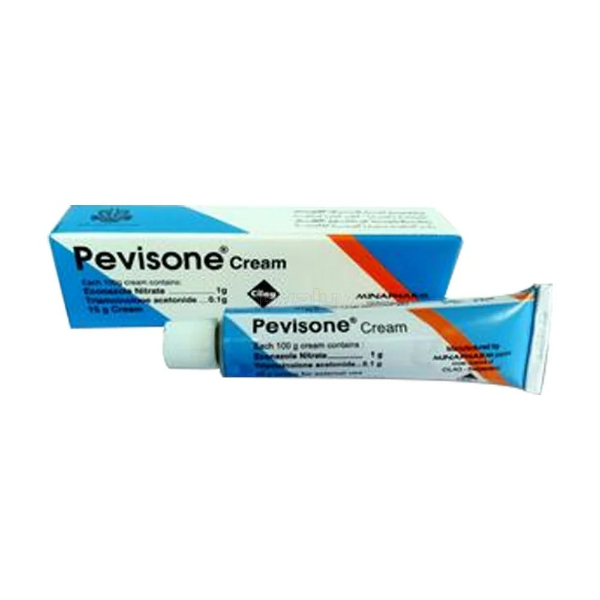
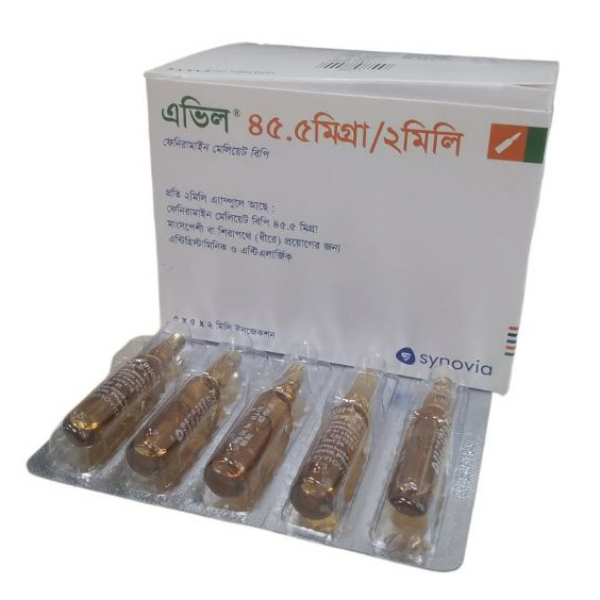
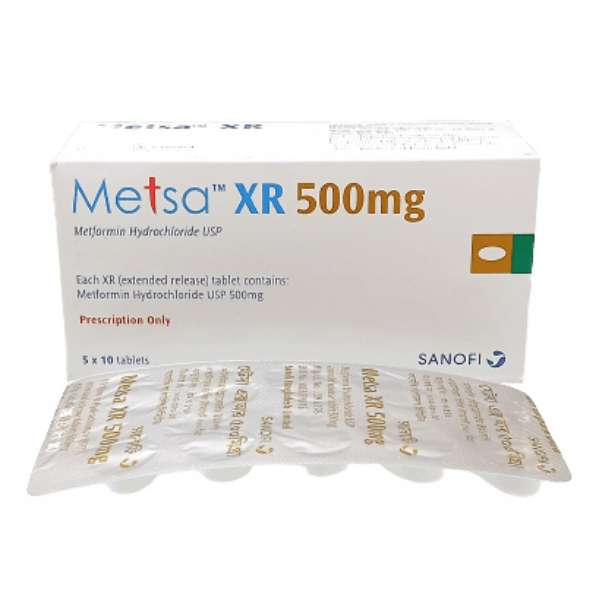
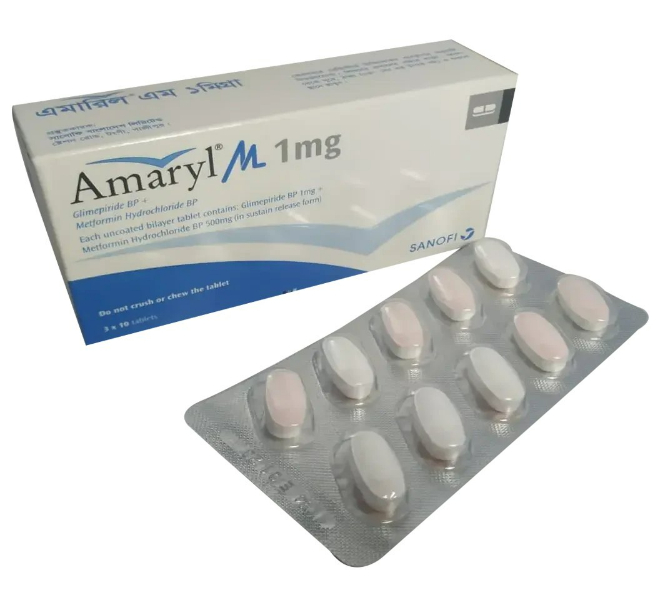
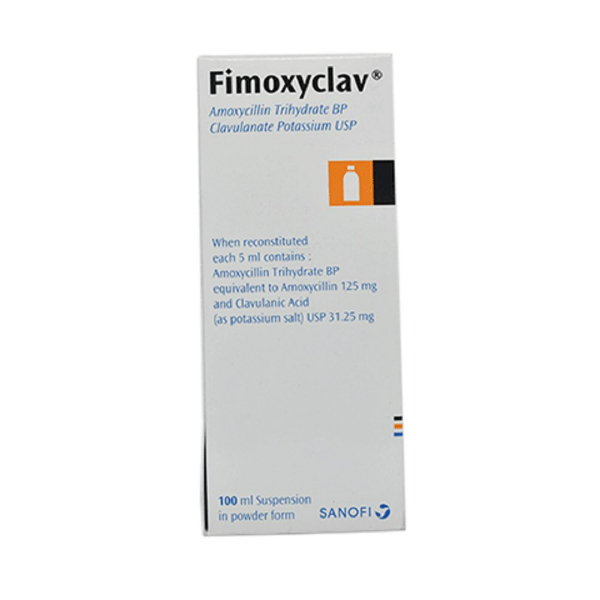
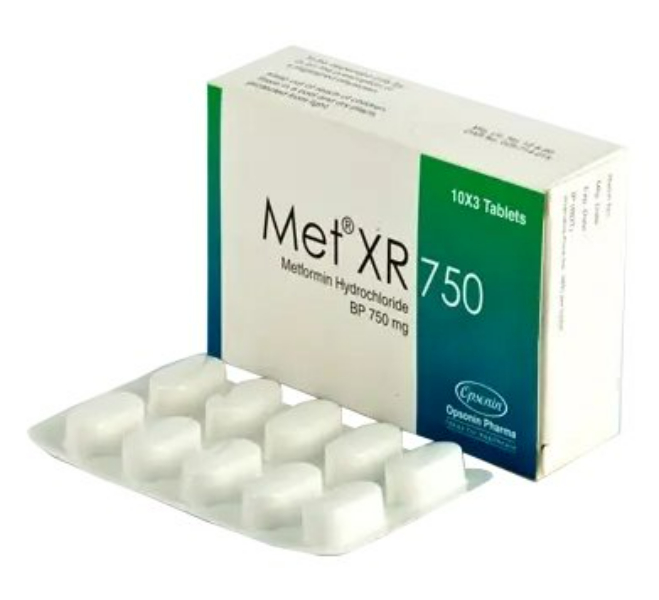
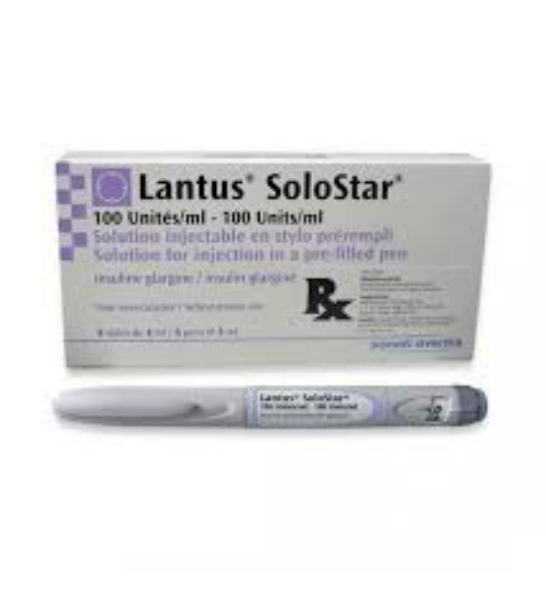
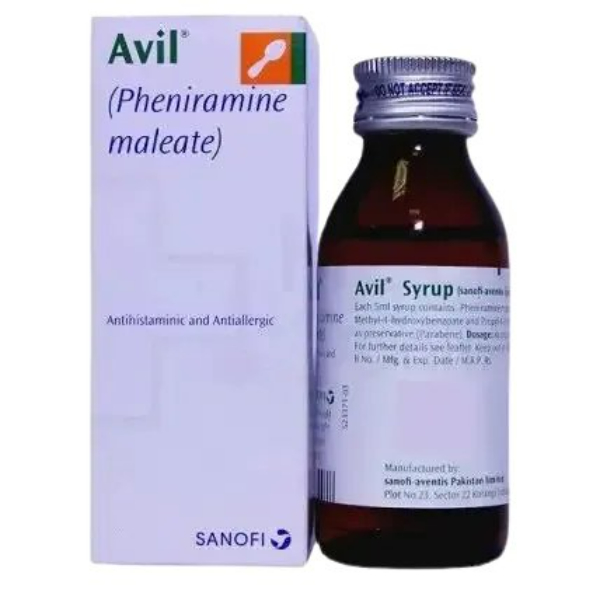
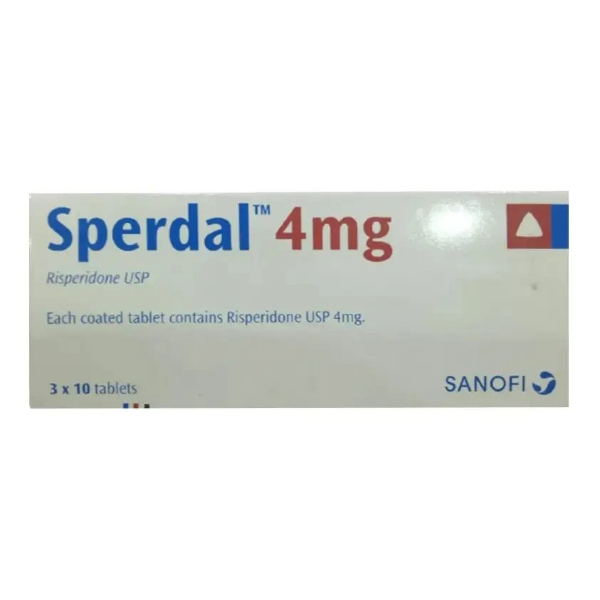
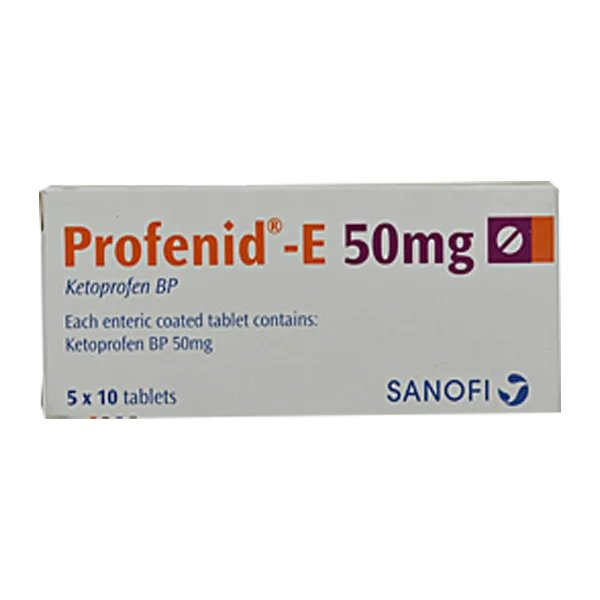
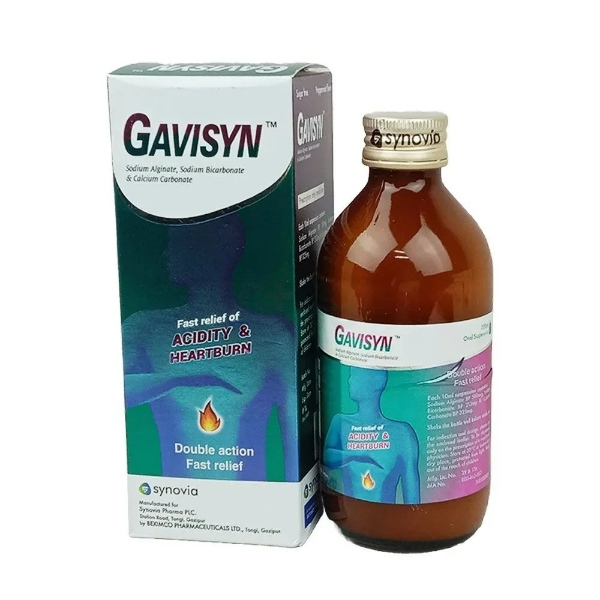
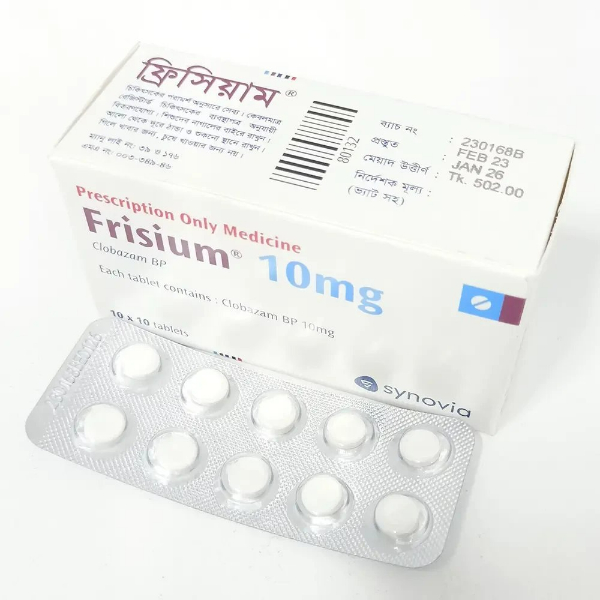
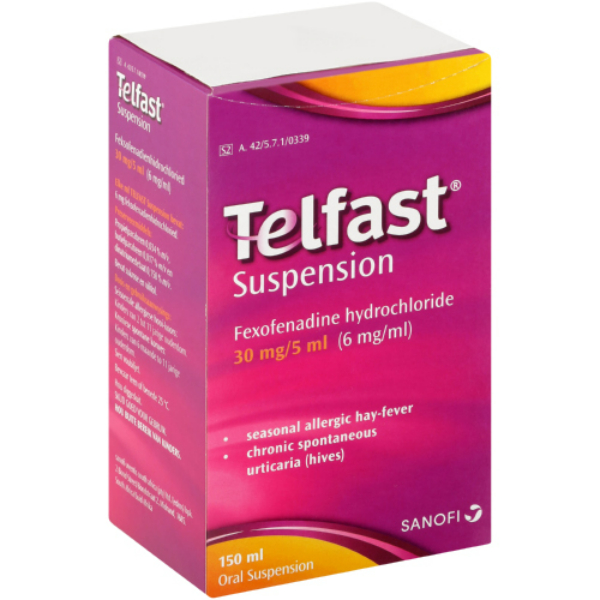
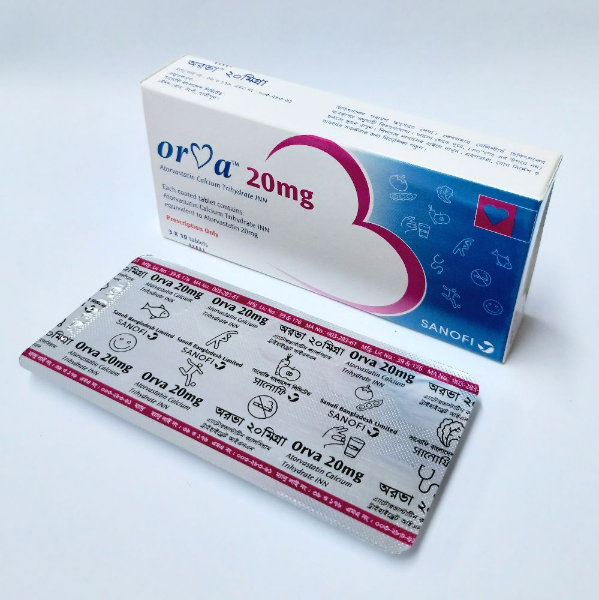

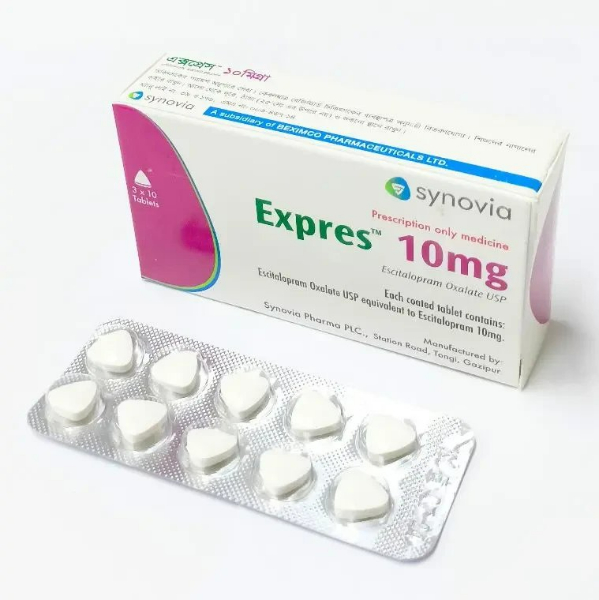
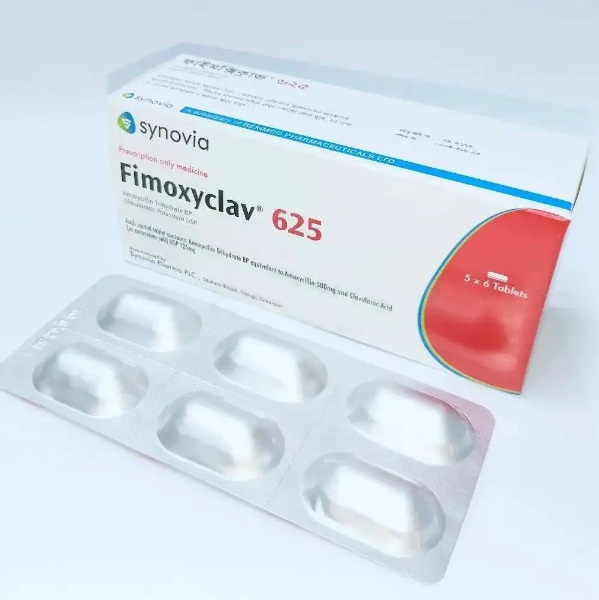
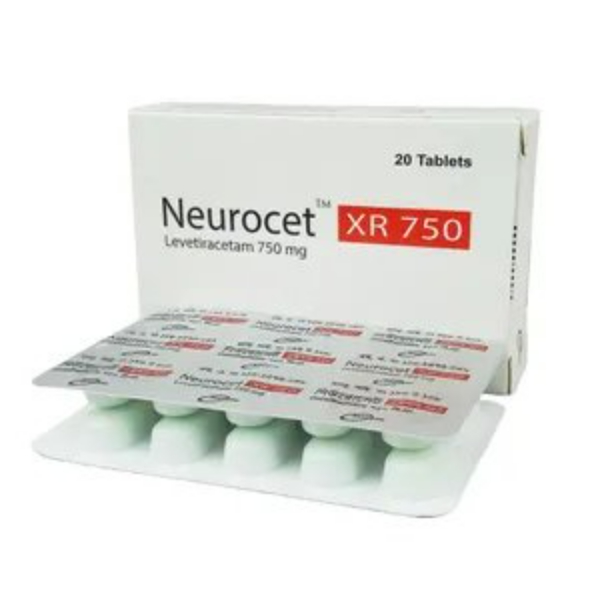
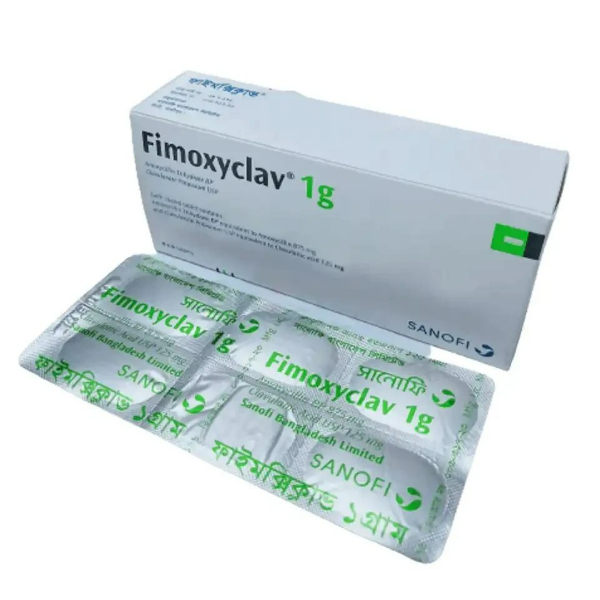
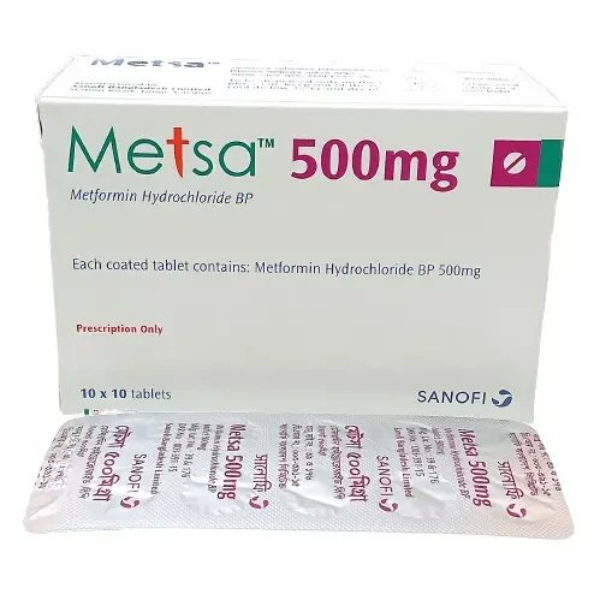
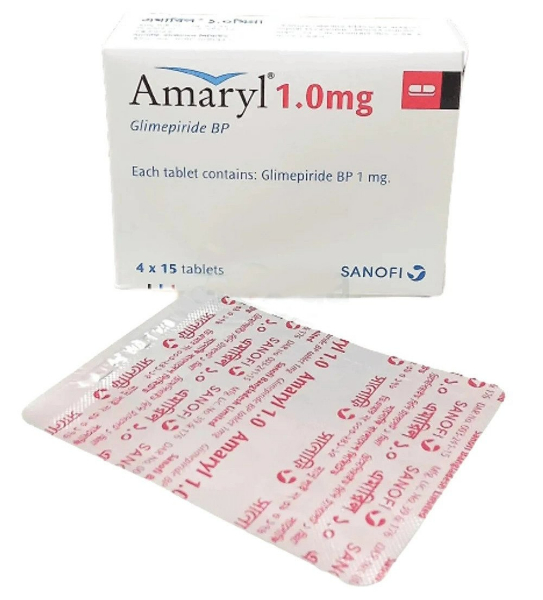
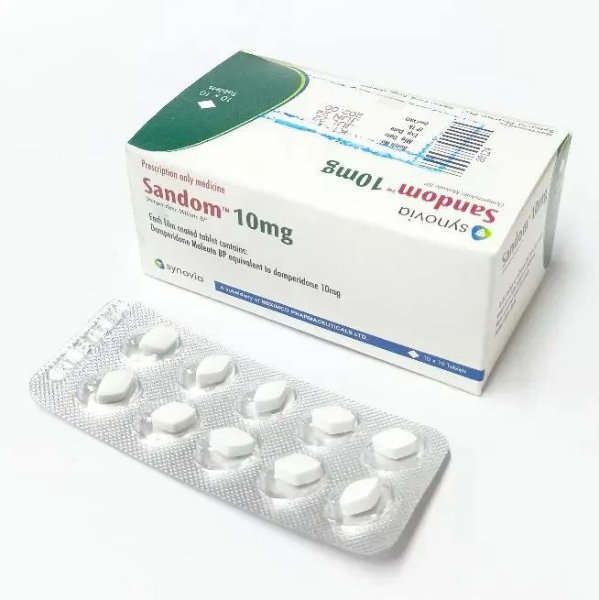
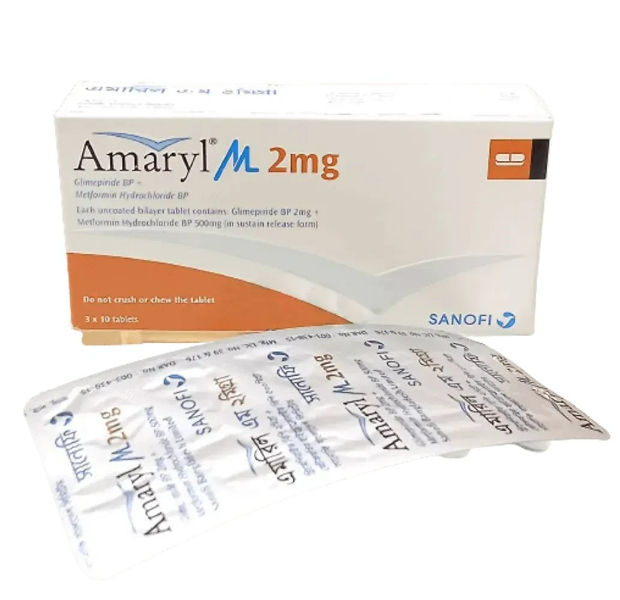
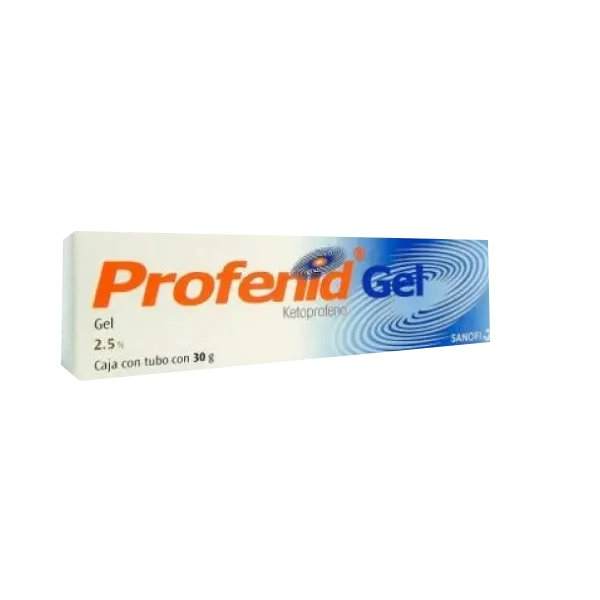
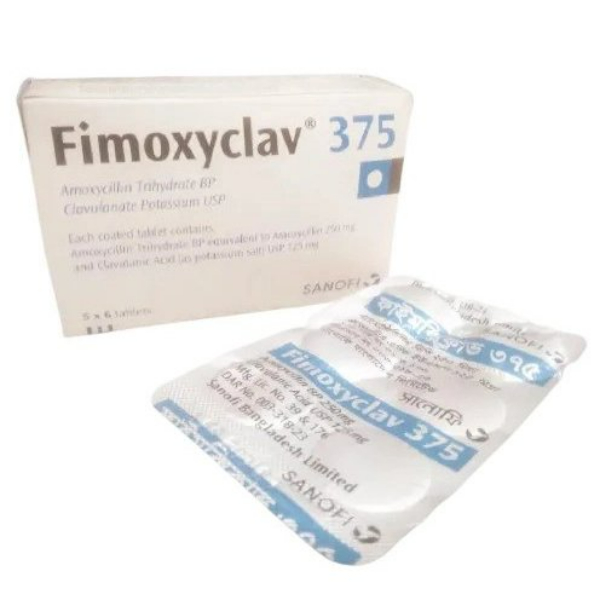
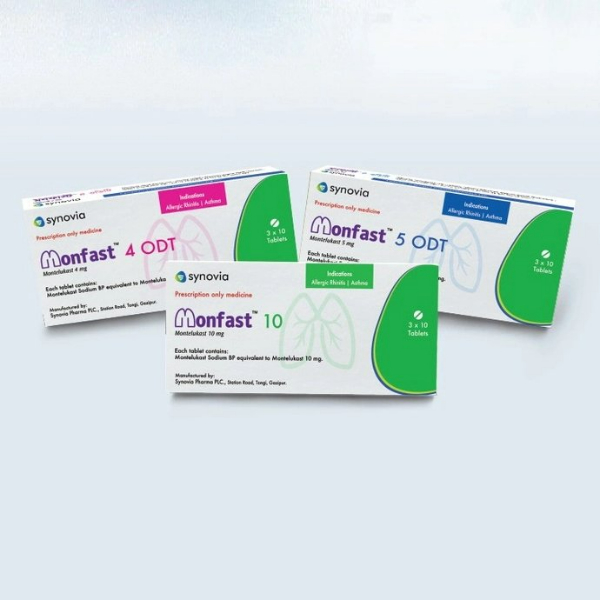
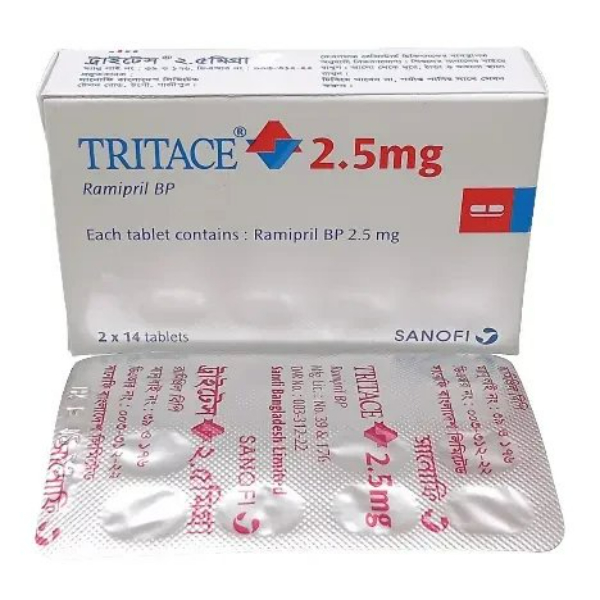
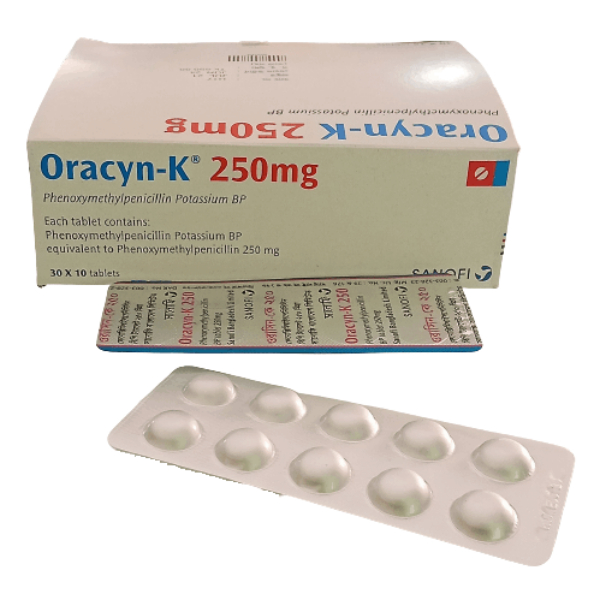
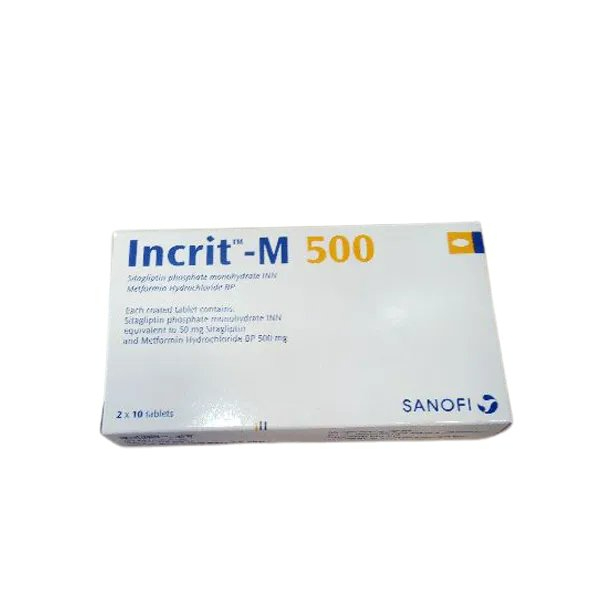
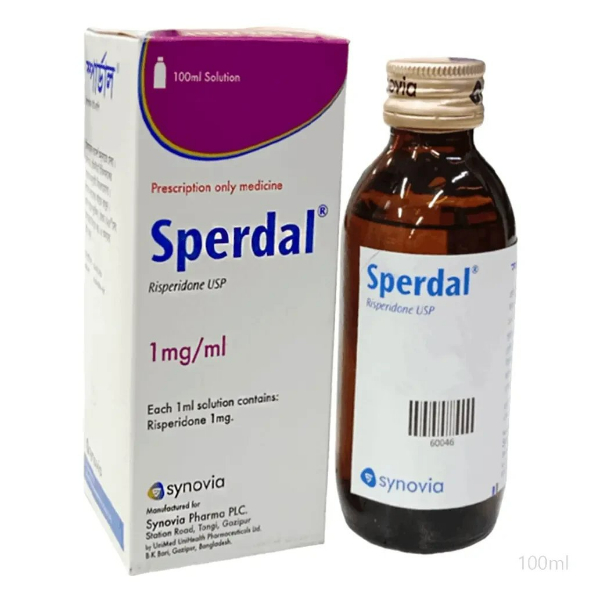
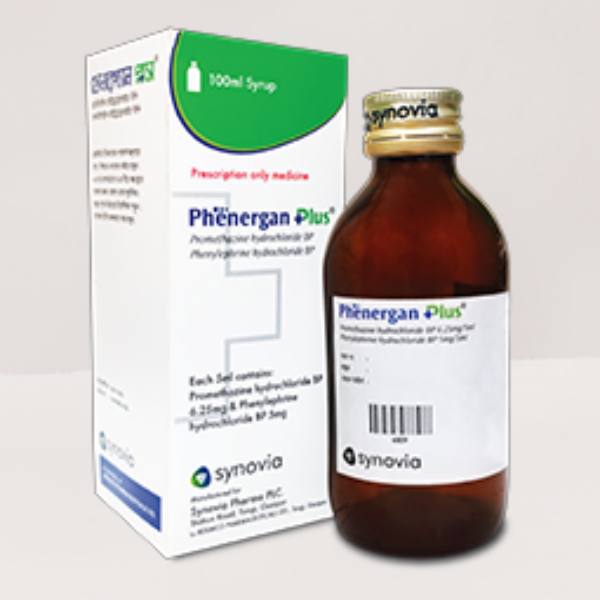
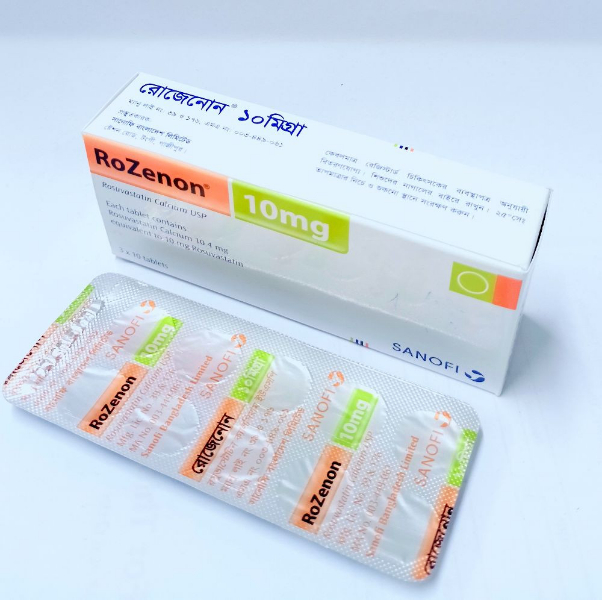
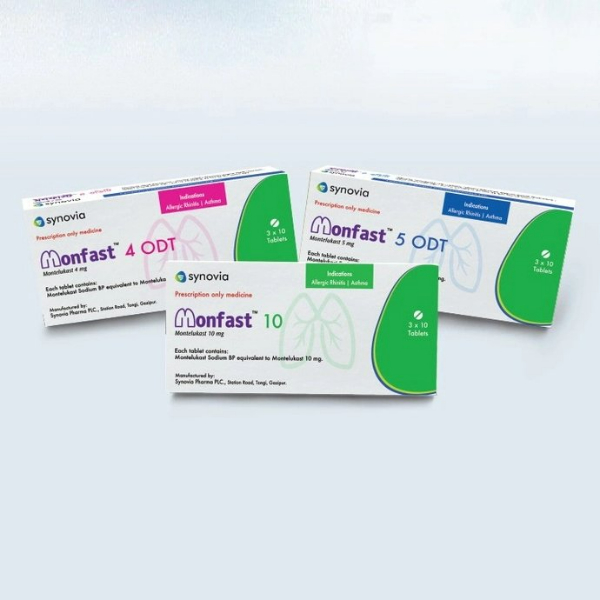
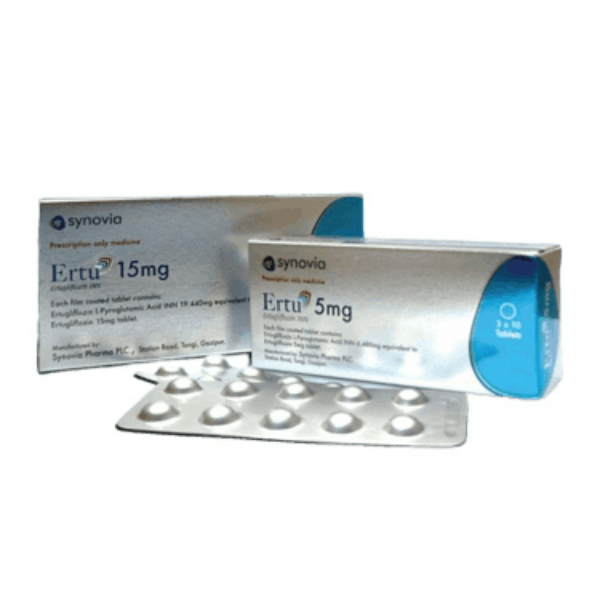
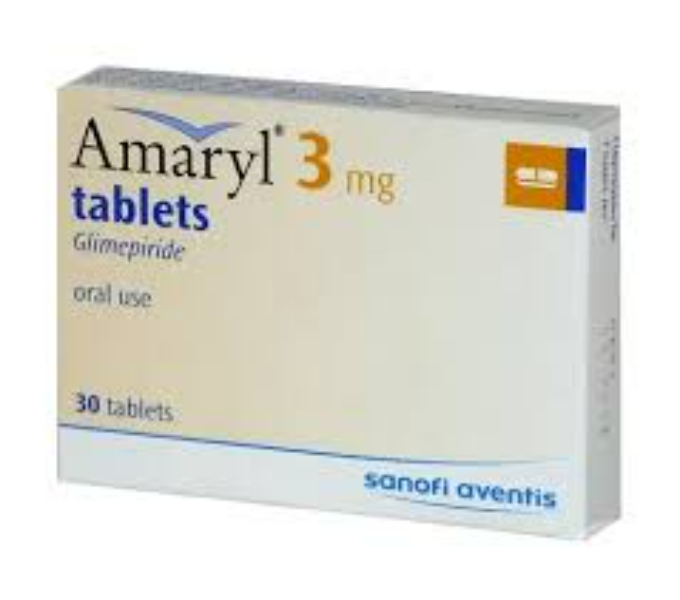
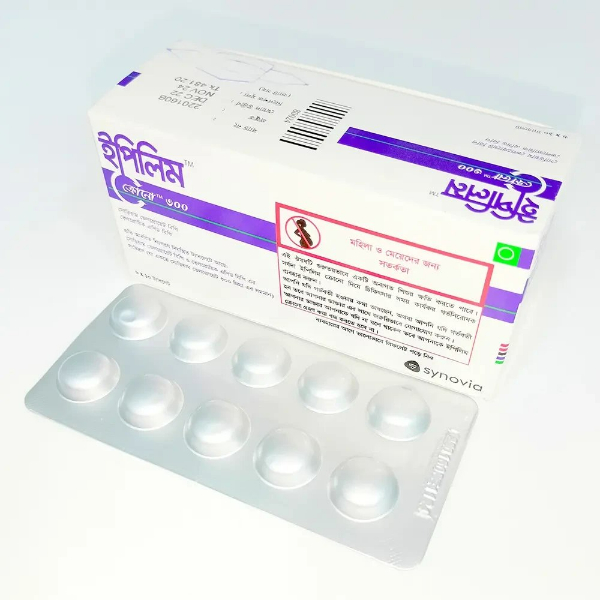
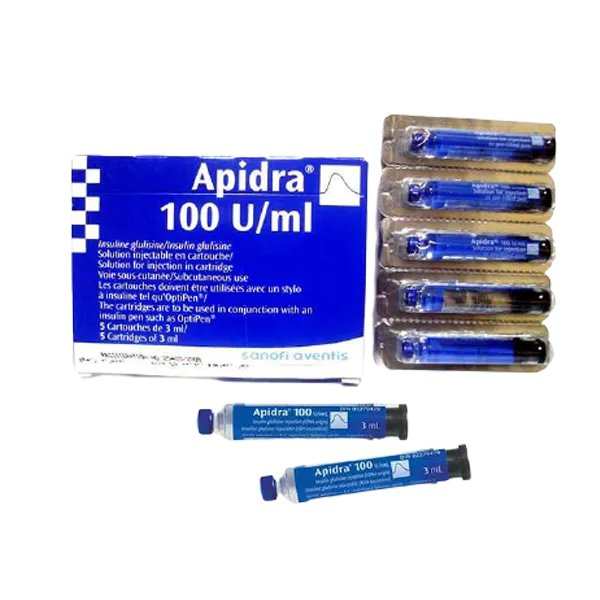
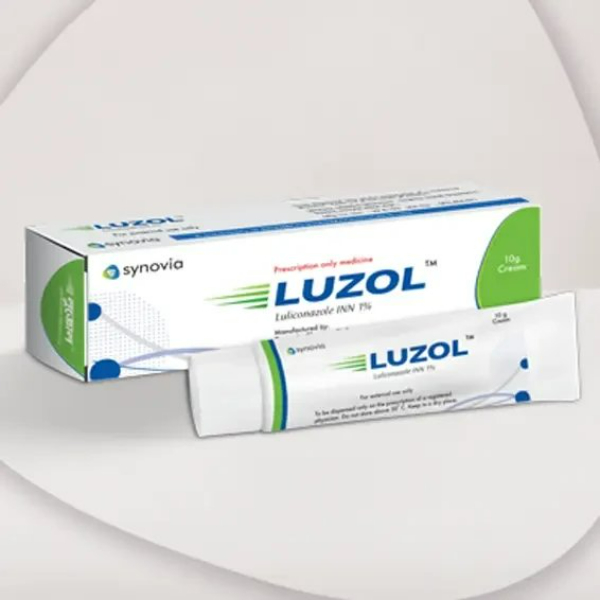
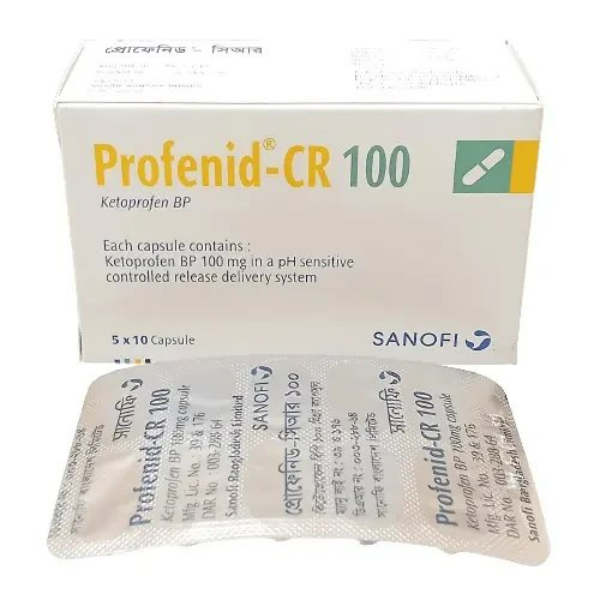
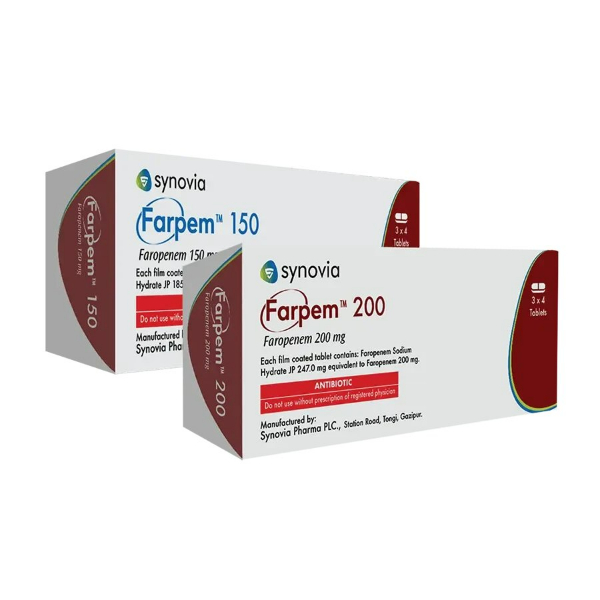
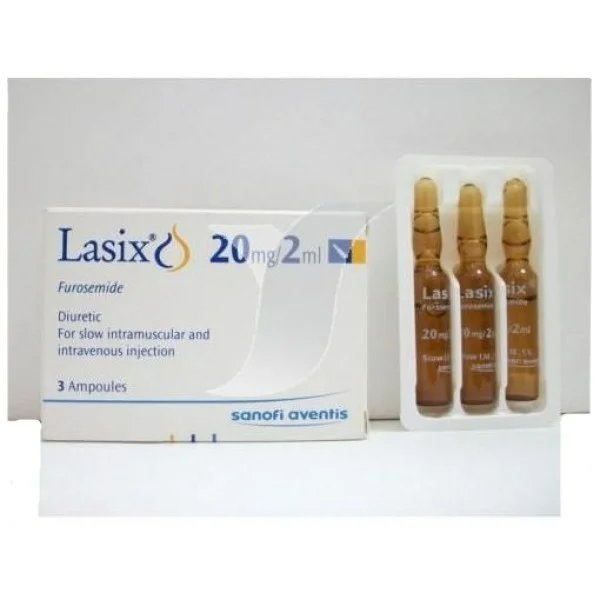
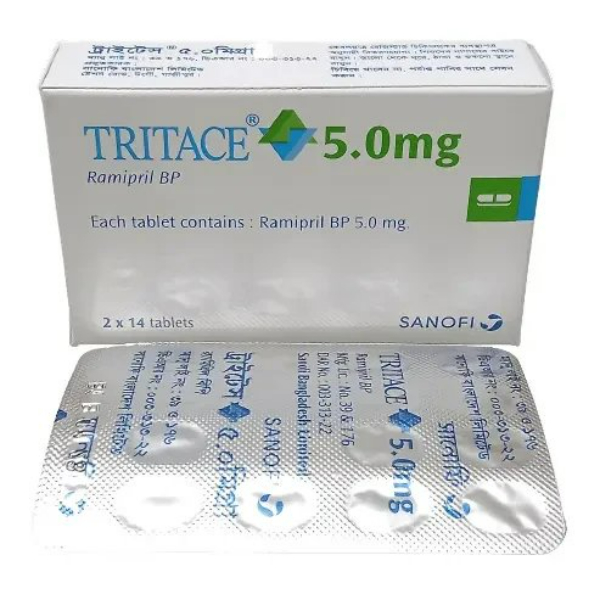
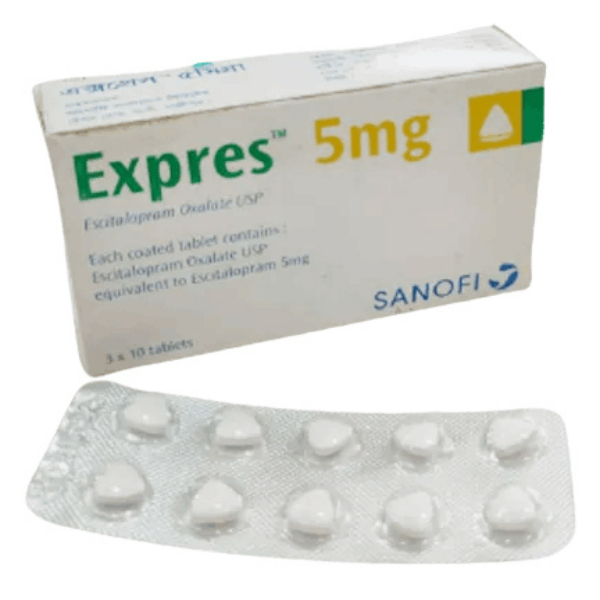
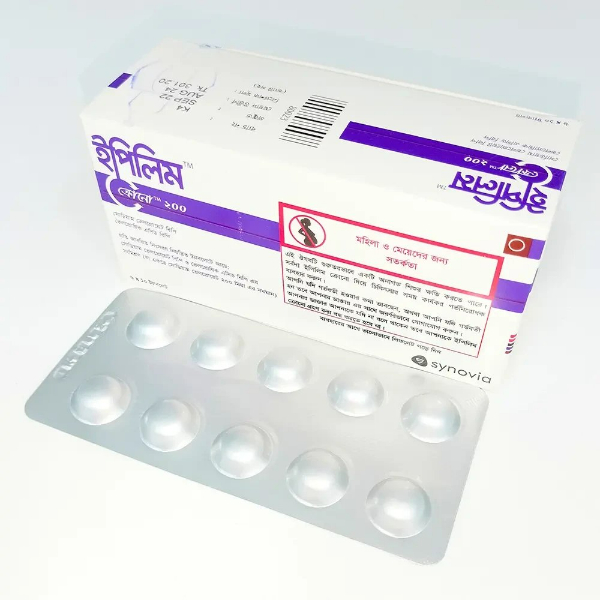
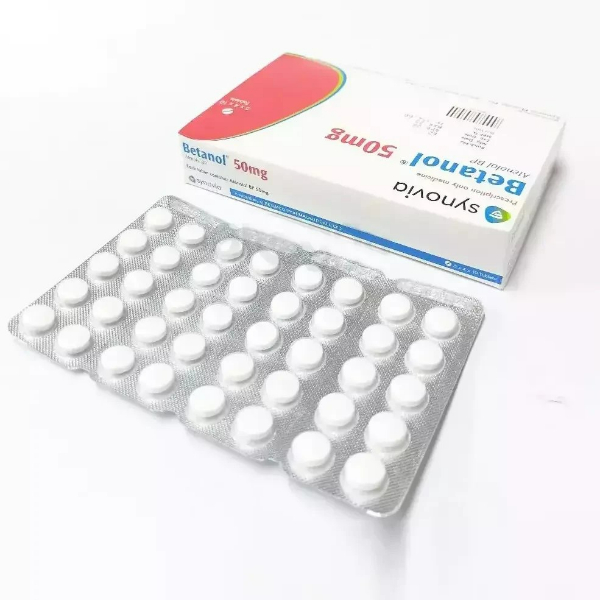
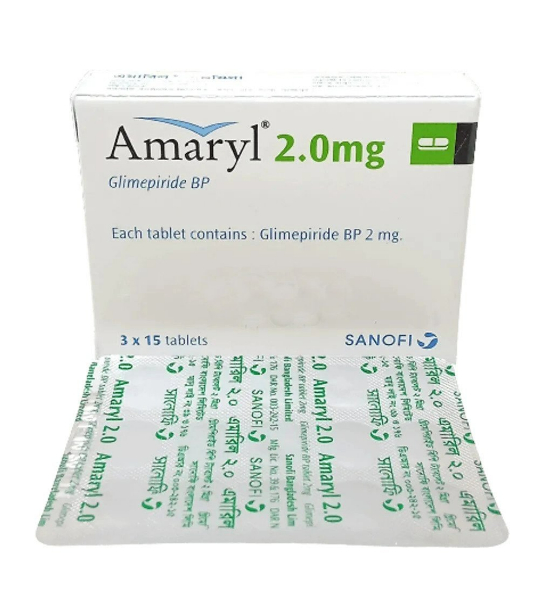
.jpg)
